Features > Property News & Insights > Housing Trends
Building approvals figures cast more doubt on housing targets
.png)
KEY POINTS
- ABS building approvals figures for February have declined by 1.9%, with 12,520 new homes approved
- The figure came in well below market expectations
- 163,100 new homes received building approvals across Australia in the year to February – the lowest number in 11 years
- The low approval figures - which showed a substantial decline in higher-density dwellings - suggest the Federal government will have difficulty meeting its National Housing Accord target of building 1.2 million homes over five years
The Albanese government’s aim of building 1.2 million more “well-located” and “affordable” homes over the next five years to help ease the housing crisis has received another setback following the release of the latest building approvals figures from the Australian Bureau of Statistics (ABS).
The seasonally adjusted figures show that in February 2024, total housing approved for construction in Australia fell 1.9% to just 12,520 new homes.
With the government’s five-year plan set to come into effect from July the 1st, it’s clear the construction industry currently cannot build homes at anywhere near the rate required to have a hope of meeting the 1.2 million dwellings target by mid-2029, meaning the housing squeeze is set to continue.
Given those supply constraints against a surging population, house prices and rents will probably continue their upward march.
The details
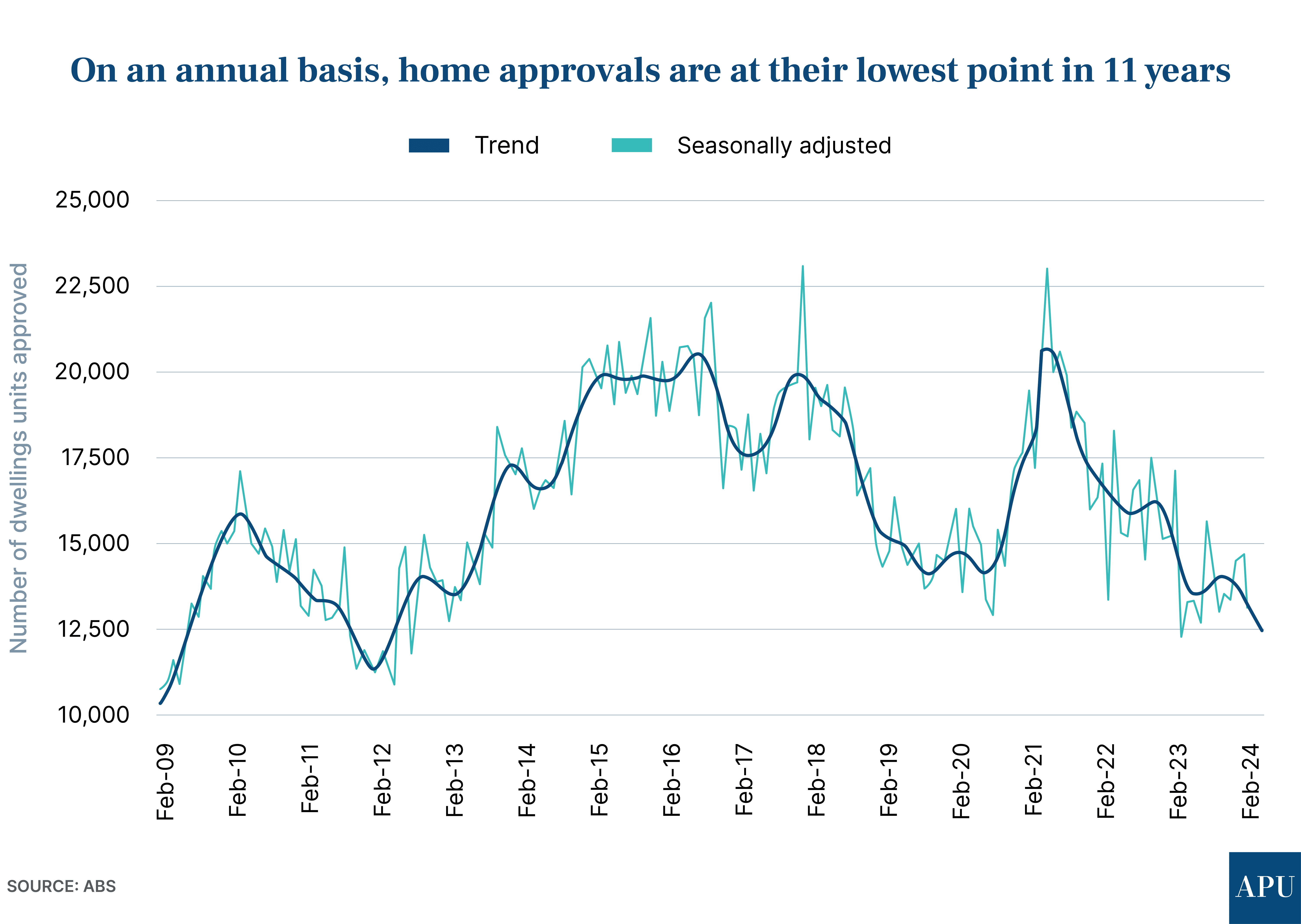
The figure of 1.9% came in well below market expectations, with banks and other forecasters predicting a rise in magnitude of at least 3%.
February’s fall followed a 2.5% decline in dwelling approvals in January.
And if you look at the trend line, the direction seems clear.
The value of newly approved residential buildings also fell 19.1% in February to $5.79 billion.
There was one bit of good news, with approvals for detached houses up 10.7% to 8,404, more than offsetting a 9.9% decrease in January.
However, approvals of attached dwellings, which include apartments and townhouses—precisely the kind of higher-density housing experts say we need to build in Australia to address the housing crisis—drove the overall decline. They were down 24.9% to 3,771.
“This was the weakest monthly result since 2012,” says Tim Hibbert, Head of Property & Building Forecasting at Oxford Economics Australia.
“Soft apartment volumes in Victoria and Queensland anchored this decline.”
The take-out
Mr Hibbert says there may be some light on the horizon, noting “development enquiries, land sales, and construction finance data points suggest a turning point in the coming months.”
Westpac senior economist Matthew Hassan’s take is more gloomy.
He says the February building approvals data “suggests the ‘front end’ of the construction pipeline is shrinking materially, although the extent of the down-trend in dwelling construction
is unclear.”
Mr Hassan says just over 170,000 homes were completed in Australia last year, but this year, that figure “will be tracking steadily lower towards 155k, as the roughly 50k of backlogged projects clear.”
“This is well below any reasonable estimates of underlying demand (which is likely around 210k a year) let alone the ambitious ‘catch-up’ targets of 240k a year set by the (Federal and State government’s) Housing Accord.”
To illustrate the problem more clearly, Matthew Hassan and the team at Westpac produced this chart, which shows dwelling approvals set against Australia’s underlying housing demand.
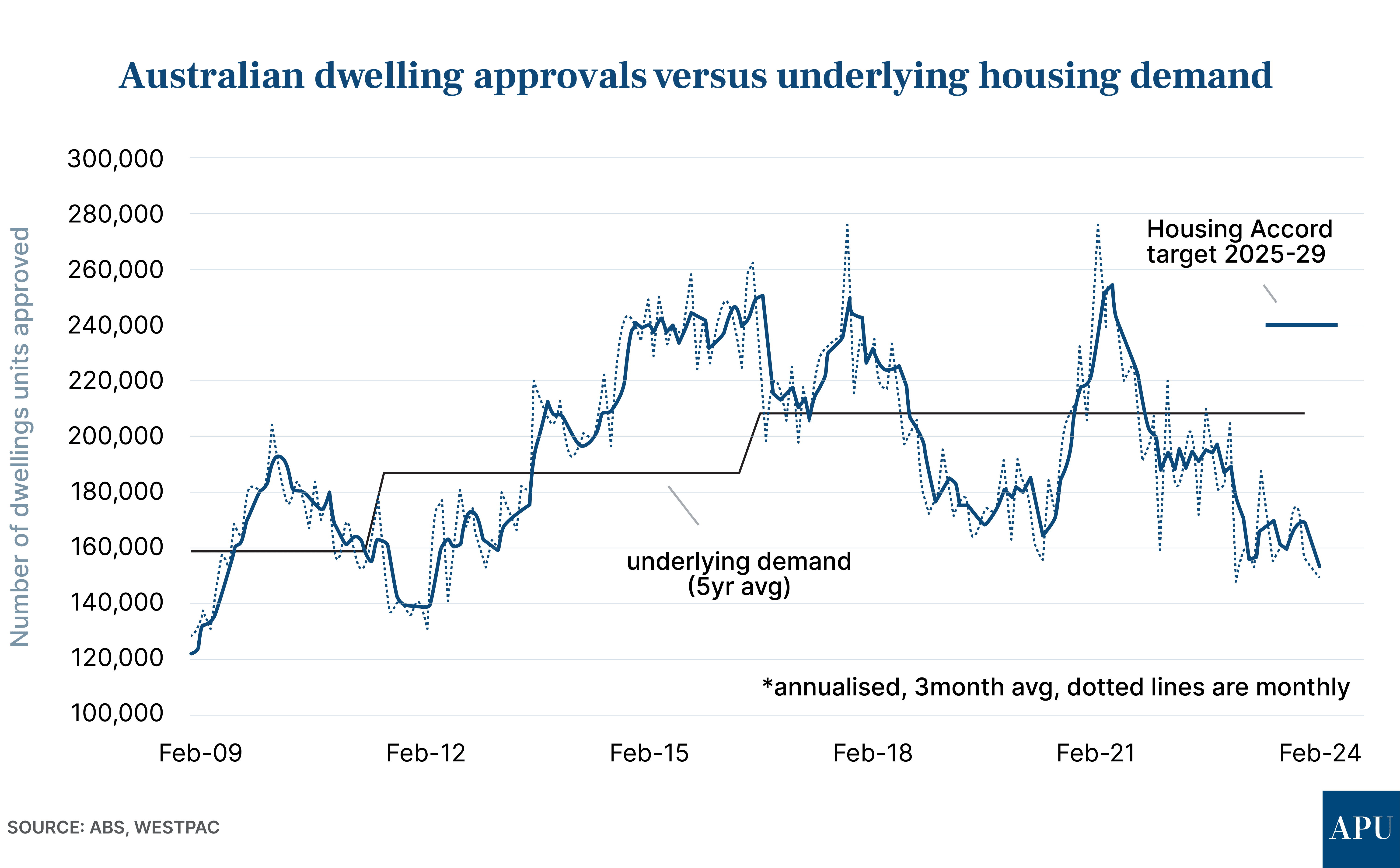
Master Builders Australia Chief Economist Shane Garrett is similarly pessimistic.
“Over the year to February, just 163,100 new homes received approval across Australia – the lowest in 11 years,” he says.
“This stands in stark contrast to the annual target of 240,000 new homes under the National Housing Accord.”
“For us to achieve this calibre of housing output, approvals would need to increase by 48 per cent on current levels,” Mr Garrett says.
Master Builders Australia CEO Denita Wawn says major developers appear wary of taking on larger projects—precisely the kind of developments the federal and state governments say they want to see.
“Despite the community's high demand for more housing, especially higher density rentals, there is a mismatch in the number of homes coming through the pipeline,” she says.
“When it comes to signing new contracts, the pen is not making it to paper as the investment does not stack up.”
MacroBusiness newsletter editor David Llewellyn-Smith has a more sarcastic take on the latest building approvals figures.
“We need 20k per month to meet Albo’s 1.2m new dwellings target in five years,” he says.
“He’s got us rocking along at -8k per month!”
“We’ll only be half a million houses short.”
“Pretty darn good, I say!”
Ouch!
Stay Up to Date
with the Latest Australian Property News, Insights & Education.




.png?width=292&height=292&name=Copy%20Link%20(1).png)
 SIGN UP FOR FREE NEWSLETTER
SIGN UP FOR FREE NEWSLETTER
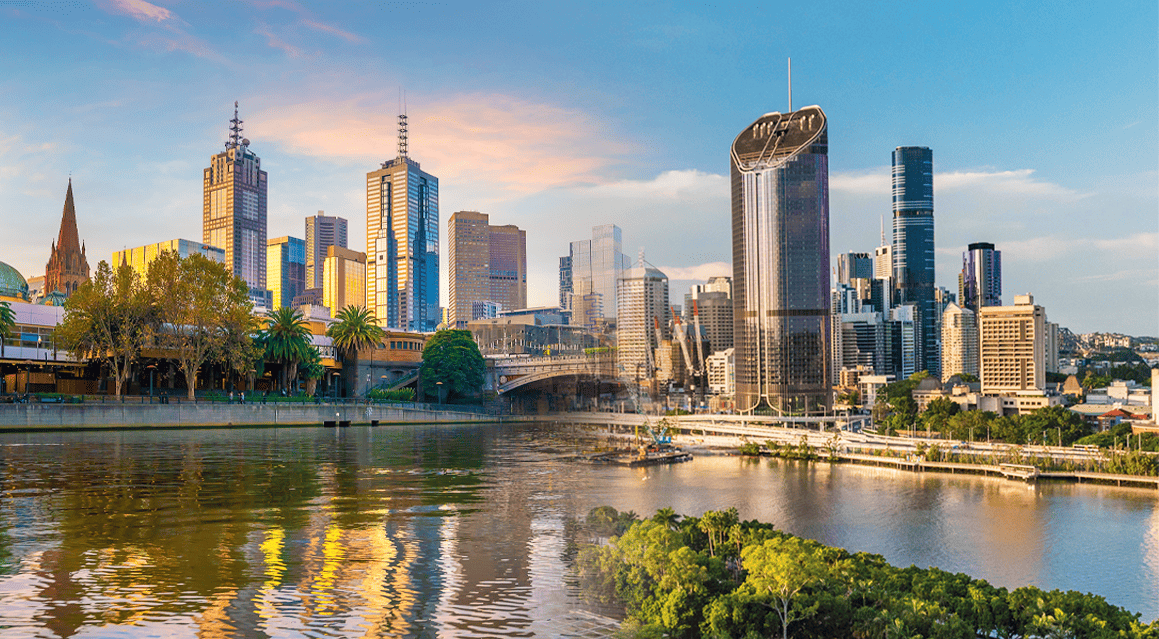
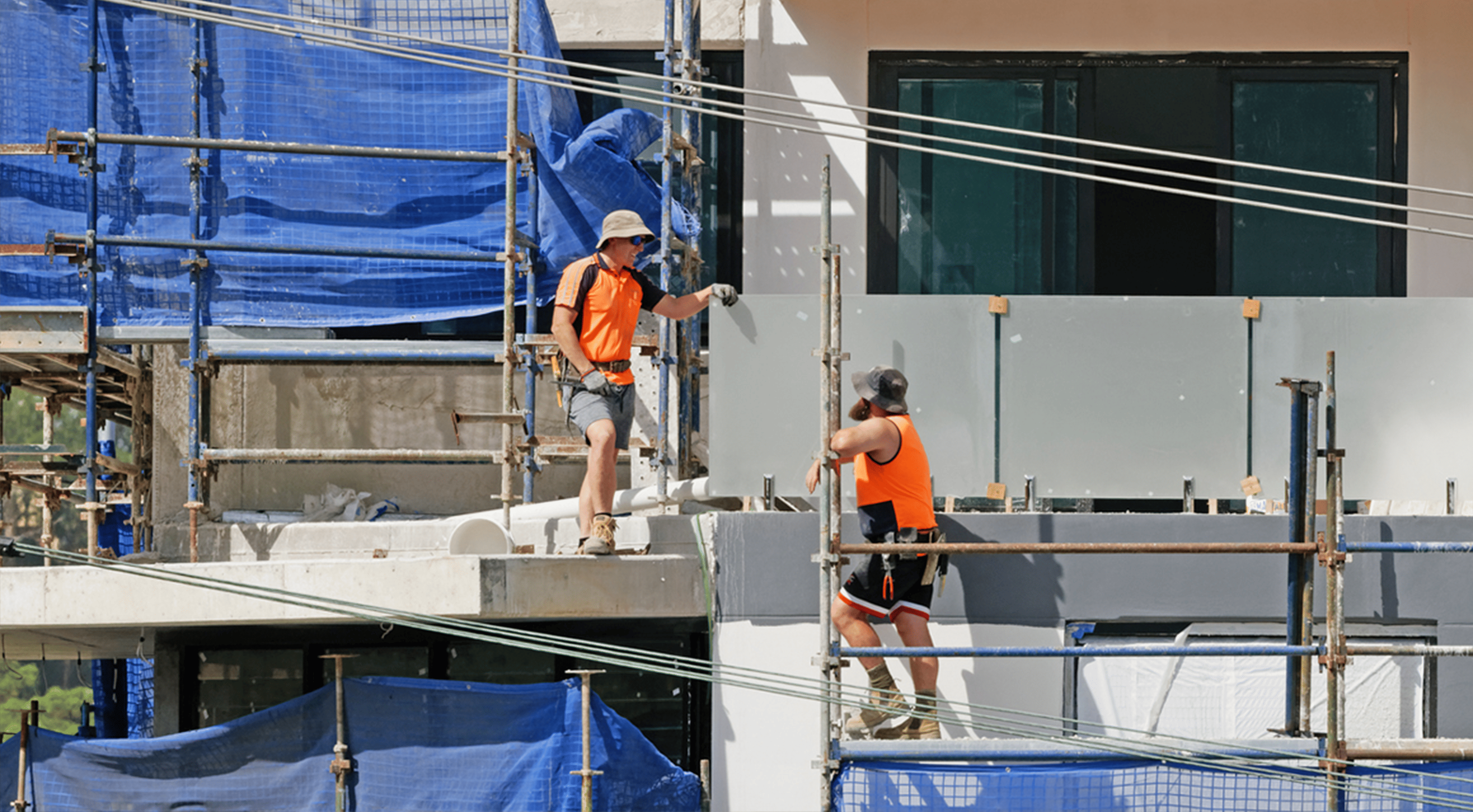


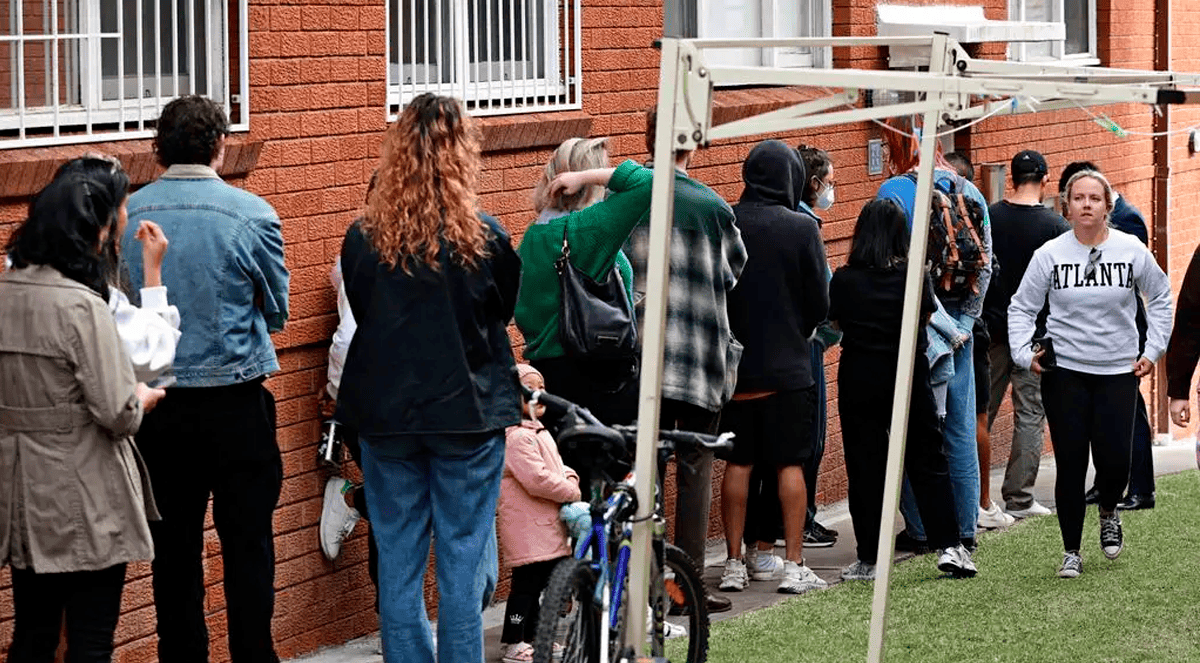
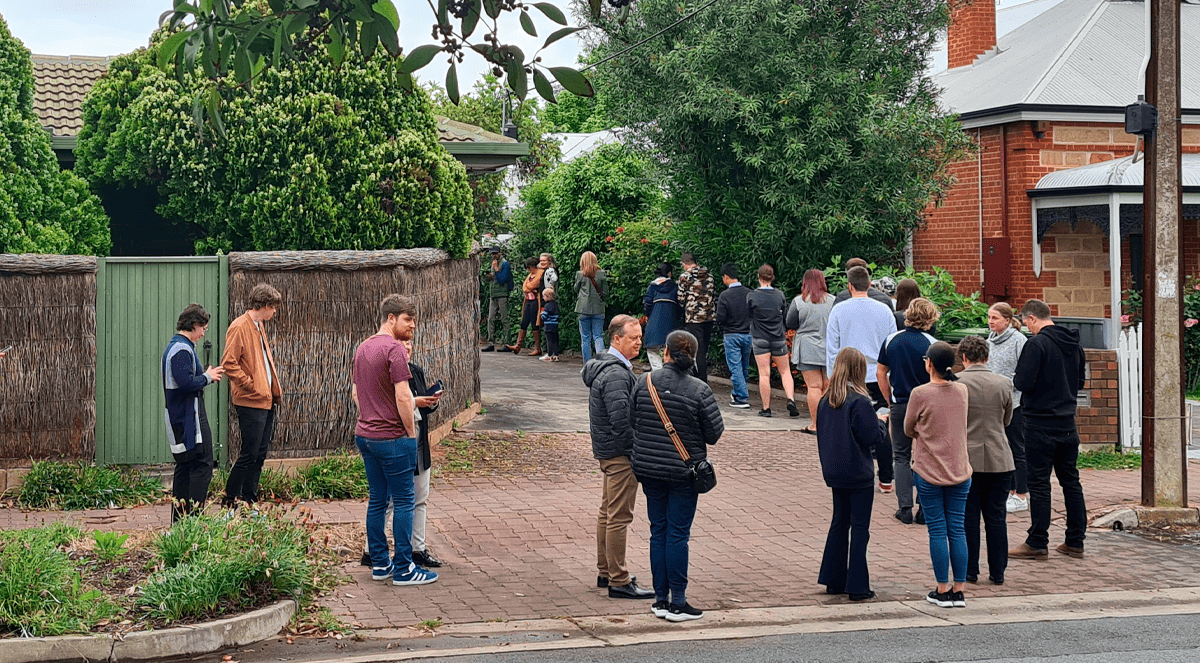
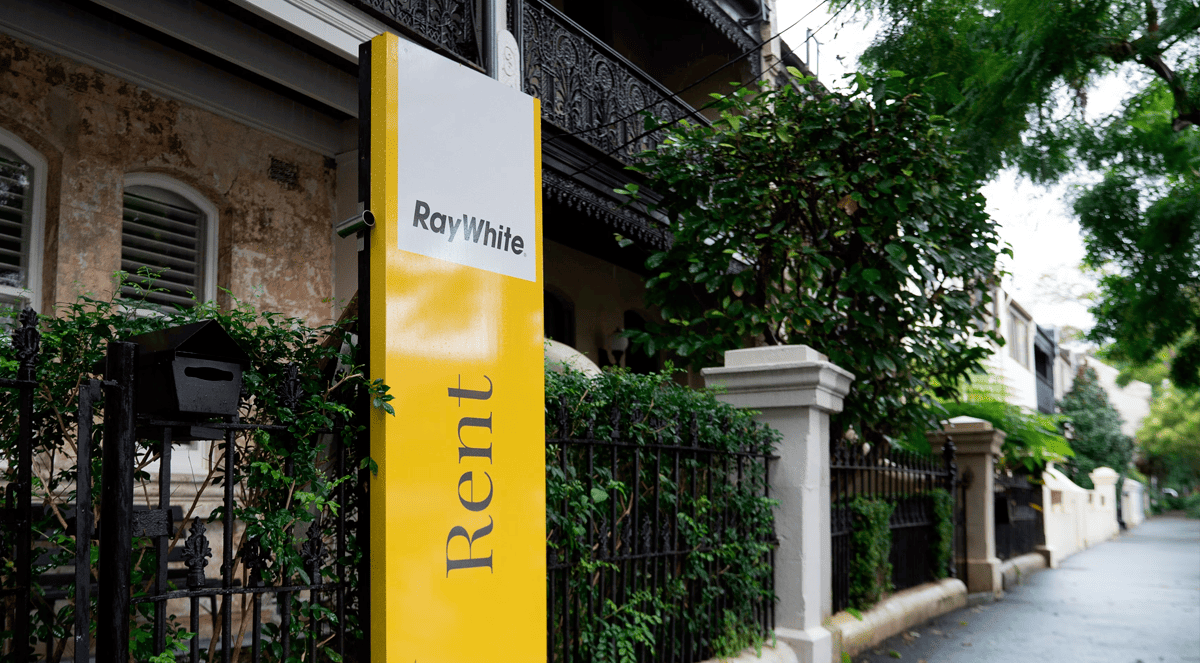



%20Scott%20Kuru%20DPU%20141.jpg?width=1920&height=1080&name=The%20Senate%20Just%20Exposed%20Australias%20Biggest%20$80%20Billion%20Housing%20Fraud%20(Inquiry%20Launched)%20Scott%20Kuru%20DPU%20141.jpg)




%20Scott%20Kuru%20DPU136.jpg?width=1920&height=1080&name=Aussies%20Just%20Got%20Hit%20With%20Double%20Taxes%20on%20Everything%20(This%20Has%20Gone%20Too%20Far)%20Scott%20Kuru%20DPU136.jpg)


%20Scott%20Kuru%20DPU%20133.jpg?width=1920&height=1080&name=JUST%20IN%20Something%20Major%20Just%20Flipped%20Australia%E2%80%99s%20Property%20Market%20for%202026%20(No%20One%20Saw%20This%20Coming)%20Scott%20Kuru%20DPU%20133.jpg)


.jpg?width=1920&height=1080&name=Rental%20Prices%20At%20Record%20Highs%20And%20Vacancy%20Rates%20At%20All%20Time%20Lows%20(New%20Data%20Reveals).jpg)
%20%20DPU%20EP%2014.jpg?width=1920&height=1080&name=Investors%20Shutting%20Out%20First%20Home%20Buyers%20(Investors%20At%20Record%20Highs)%20%20DPU%20EP%2014.jpg)

.jpg?width=1920&height=1080&name=Darwins%20Property%20Market%20Boom%20or%20Dangerous%20Gamble%20(REVEALED).jpg)

.jpg?width=1920&height=1080&name=The%20RBA%E2%80%99s%20Rate%20Cut%20Could%20Explode%20House%20Prices%20(Here%E2%80%99s%20Why).jpg)








.jpg?width=1920&height=1080&name=Warning%2c%20You%20Might%20Be%20Facing%20Higher%20Taxes%20Soon%20(1).jpg)




.png?width=1920&height=1080&name=Rate%20Drops%20Signal%20BIGGEST%20Property%20Boom%20in%20DECADES%20(1).png)

.jpg?width=1920&height=1080&name=Labor%20vs%20Liberal%20These%20Housing%20Policies%20Could%20Change%20the%20Property%20Market%20Forever%20(1).jpg)
.jpg?width=1920&height=1080&name=QLD%20Slashes%20Stamp%20Duty%20Big%20News%20for%20Investors%20%26%20Home%20Buyers%20(1).jpg)
.jpg?width=1920&height=1080&name=Trump%20Just%20Slapped%20Tariffs%20%E2%80%93%20Here%E2%80%99s%20What%20It%20Means%20for%20Australia%20(1).jpg)
.jpg?width=1920&height=1080&name=Federal%20Budget%202025%20More%20Debt%2c%20No%20Housing%20%E2%80%93%20Here%E2%80%99s%20What%20You%20Need%20to%20Know%20(1).jpg)
.jpg?width=1920&height=1080&name=Australias%20Housing%20Crisis%20is%20about%20to%20get%20MUCH%20Worse%20(New%20Data%20Warns).jpg)
%20(1).jpg?width=1920&height=1080&name=Australias%20RENTAL%20CRISIS%20Hits%20ROCK%20BOTTOM!%20(2025%20Update)%20(1).jpg)
%20(1).png?width=1920&height=1080&name=Is%20Adelaide%20Still%20a%20Good%20Property%20Investment%20(2025%20UPDATE)%20(1).png)
.jpg?width=1920&height=1080&name=RBA%20Shocks%20with%20Rate%20Cuts!%20What%E2%80%99s%20Next%20for%20Property%20Investors%20(1).jpg)
%20(1).jpg?width=1920&height=1080&name=I%20Predict%20The%20Feb%20Rate%20Cut%20(My%20Price%20Growth%20Prediction)%20(1).jpg)
.png?width=1920&height=1080&name=Why%20Property%20Prices%20Will%20Rise%20in%202025%20Market%20Predictions%20(1).png)
.jpg?width=1920&height=1080&name=Why%20Investors%20Are%20Choosing%20Apartments%20Over%20Houses%202%20(1).jpg)
.jpg?width=1920&height=1080&name=Why%20Rate%20Cuts%20Will%20Trigger%20A%20Property%20Boom%20(1).jpg)
.jpg?width=1920&height=1080&name=Retire%20On%202Million%20With%20One%20Property%20(Using%20SMSF).jpg)
.jpg?width=1920&height=1080&name=4%20Reasons%20Why%20You%20Should%20Invest%20in%20Melbourne%20Now%20(1).jpg)
%20(1).jpg?width=1920&height=1080&name=Old%20Property%20vs%20New%20Property%20(Facts%20and%20Figures%20Revealed)%20(1).jpg)
%20(1).jpg?width=1920&height=1080&name=Will%20The%20New%20QLD%20Govt%20Create%20a%20Property%20Boom%20or%20Bust%20(My%20Prediction)%20(1).jpg)
%20Scott%20Kuru%20(1).jpg?width=1920&height=1080&name=Inflation%20Hits%20Three-Year%20Low%20(Will%20RBA%20Cut%20Rates%20Soon)%20Scott%20Kuru%20(1).jpg)
.jpg?width=1920&height=1080&name=How%20to%20Buy%20Investment%20Property%20Through%20SMSF_%20The%20Ultimate%20Guide%20(1).jpg)
.jpg?width=1920&height=1080&name=Victoria%20Slashes%20Stamp%20Duty%20Melbourne%20Set%20to%20Boom%20Scott%20Kuru%20(1).jpg)
.png?width=1571&height=861&name=Are%20Foreign%20Buyers%20Really%20Driving%20Up%20Australian%20Property%20Prices%20(1).png)
.jpg?width=1920&height=1080&name=The%20Single%20Factor%20That%20Predicts%20Property%20Growth%20Regions%20(1).jpg)
%20Scott%20Kuru%20(1).jpg?width=1920&height=1080&name=My%20Prediction%20On%20Rates%20%26%20Negative%20Gearing%20(Market%20Crash)%20Scott%20Kuru%20(1).jpg)

-1.png?width=1920&height=1080&name=Major%20Banks%20Cut%20Rates%20Will%20RBA%20Follow%20Suit%20(Sept%20Rate%20Update)-1.png)
%20Scott%20Kuru-1.png?width=1920&height=1080&name=Rate%20Cut%20Coming%20What%20New%20Zealands%20Move%20Means%20for%20Australia%20(Sept%20Prediction)%20Scott%20Kuru-1.png)
%20(1).jpg?width=1920&height=1080&name=Buy%20when%20the%20interest%20rates%20are%20high!%20(Why%20you%20must%20buy%20now!)%20(1).jpg)
.jpg?width=1920&height=1080&name=Carms_Revised%20Taxes%20Due%20Aug%209%20YT%20Thumbnail02%20(1).jpg)
.jpg?width=1920&height=1080&name=Carms_Too%20Little%20Too%20Late%20Aug%207%20YT%20Thumbnail01%20(1).jpg)









.jpg?width=1920&height=1080&name=Carms_Rate%20Drop%20In%20July%20Jun%2010%20YT%20Thumbnail02%20(1).jpg)
.jpg?width=1920&height=1080&name=Carms_Own%20a%20Property%20V6%20Jun%205_YT%20Thumbnail%20(1).jpg)









.png?width=1920&height=1080&name=Artboard%201%20(3).png)






.jpg?width=1920&height=1080&name=YT%20thumbnail%20%20(1).jpg)

